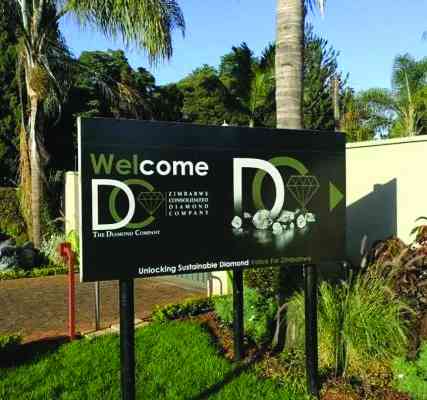There is a rising trend of bands and artists who are challenging expectations and expanding the definition of African music while contributing to African experimental music in the process.
This genre-bending approach is part of a larger movement pushing the boundaries of African music in the 21st century with artists such as Hakuna Kulala (Uganda), Ethiopian Records (Ethiopia) Djembe Monks (Zimbabwe), Spoek Mathambo (SA), Mbongwana Star (Congo) Joseph Kamaru (KMRU) from Kenya as well as Zimbabwe’s Bantu Spaceship with their New Jit Wave.
Last year in December, American non-profit arts organisation and radio station KEXP was in Rennes, France for the 45th edition of the Trans Musicales de Rennes music festival. One of the bands they featured was Bantu Spaceship who performed live at the Conservatoire de Rennes Auditorium in Rennes making them the third band to appear on the prestigious platform after the late Dr Oliver Mtukudzi and Afro-fusion outfit Mokoomba.
“KEXP was a great experience for us as a band that is starting and also looking at how most of our favourite bands and artists have played there. We wish that more artists from Zimbabwe could get those platforms and opportunities so that the industry can grow into a global space,” band vocalist and songwriter Ulenni OKaNdlovu told IndependentXtra.
Joshua Madalitso Chiundiza (synth and electronic), The Serpant (lead guitar and vocals) and Thando Mlambo (vocals and rhythm guitar) complete the band line up. Their avant-garde approach to composition encompasses a range of music styles that were popular in Zimbabwe in the 1980s which combined local styles with contemporary Western sounds.
In their self-titled debut album released by Nyami Nyami Records, the band used music as a time capsule experimenting with different elements, structures, and techniques characterised by synth-wave, hip-hop, and disco flavors with Jit, Sungura, Imbube, Mbaqanga and electronic music elements rising to the surface. In one of their tracks titled Bantu Sungura Electro the band references vocal layering from choirs that were formed during the liberation struggle such as the Light Machine Gun choir.
Keep Reading
- SA music industry economics unviled in report
- Chivaviro, Makhabane drop collabo
- In the groove: How music can be torture
- Village Rhapsody: Winky D’s Eureka mirrors the state of Zimbabwe
“When I used to hang out at Tino and Kresiah’s studio we used to talk a lot about Zimbabwe’s music styles and history, we were all curious about it. I was researching more on Matabeleland music styles and other genres from the Southern parts of Africa. After finding out about those vocal styles and approaches I wanted to experiment with what Josh was also digging into from the other side of things and instrumentation. So the idea was how we could still carry those findings, archive them and also share them as findings fused with other modern sounds that we like.
Last week Thursday the band performed live inside Moto Republik’s ‘Dodger Dome’ during an Independence Day special concert that featured interdisciplinary artist AneUnhu and singer, songwriter and composer Chengeto Brown. The show included a DJ set by Jay. The well-attended gig took the multi-cultural audience on a soundscape journey as they grooved to songs such as Spaceship SaBantu, Don’t Break, Sebenza, Bantu Sungura Electro and the punk version of Bantu Cakes.
“It was a great experience, the first gig we have organised ourselves. The turnout and response were awesome. Nothing better than performing and sharing your music with your people,” Chiundiza said.
The band will be going on a European tour in June and July where they are set to perform in France, Germany and Switzerland.





